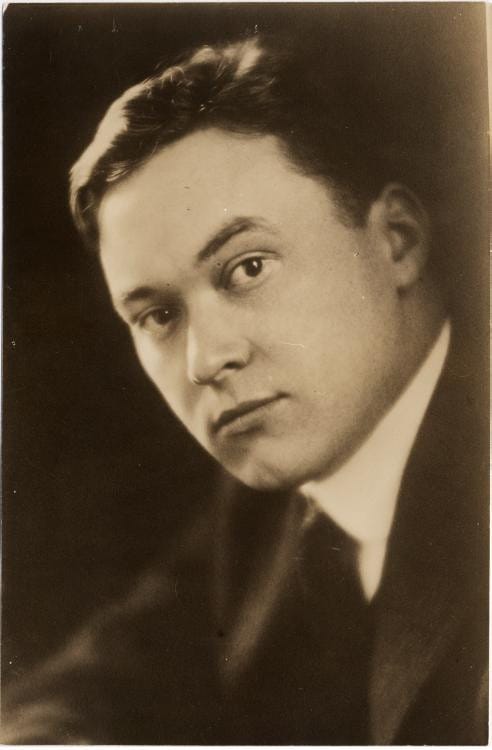
Walter Lippmann
Walter Lippmann (September 23, 1889 – December 14, 1974) was an American writer, reporter, and political commentator. With a career spanning 60 years, he is famous for being among the first to introduce the concept of the Cold War, coining the term “stereotype” in the modern psychological meaning, as well as critiquing media and democracy in his newspaper column and several books, most notably his 1922 Public Opinion.
Lippmann also played a notable role as research director of Woodrow Wilson’s post-World War I board of inquiry. His views on the role of journalism in a democracy were contrasted with the contemporaneous writings of John Dewey in what has been retrospectively named the Lippmann-Dewey debate. Lippmann won two Pulitzer Prizes, one for his syndicated newspaper column “Today and Tomorrow” and one for his 1961 interview of Nikita Khrushchev.
He has also been highly praised with titles ranging from “most influential” journalist of the 20th century to “Father of Modern Journalism”. Michael Schudson writes that James W. Carey considered Walter Lippmann’s book Public Opinion as “the founding book of modern journalism” and also “the founding book in American media studies”.
More Details
- Other Names :Gualterius Lippmann,Volters Lipmens,Walter Lippmann,Волтер Липман,Уолтер Липпман,Уолтер Ліппманн,Уолтър Липман,Уолтэр Ліпман,Ուոլթեր Լիփմեն,וולטר ליפמן,والتر ليبمان,والتر لیپمن,ৱাল্টাৰ লিপমেন,ウォルター・リップマン,沃尔特·李普曼,沃爾特·李普曼,華特·李普曼,華特·獵文,월터 리프먼
- WikiPedia Page
- Country : United States Of America
- Born on 14 December